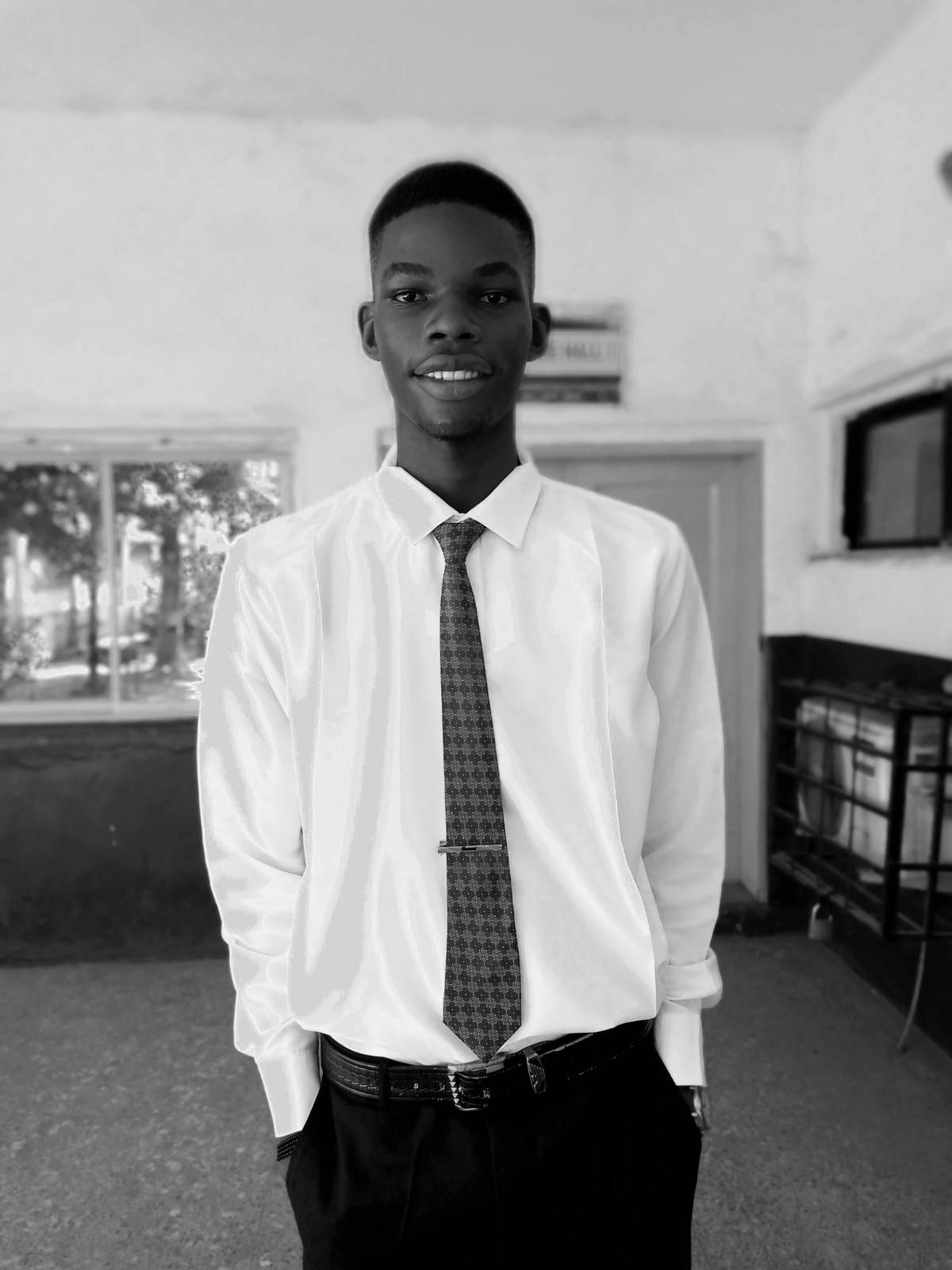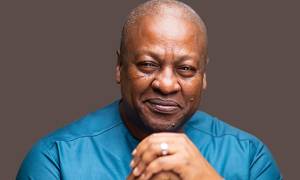“Running for third term will be dangerous for him and Ghana” – President Mahama
In a bold and deeply resonant warning, President John Dramani Mahama cautioned against any attempt to seek a third consecutive term, insisting such a bid “will be dangerous for him and Ghana.” The latest remarks have reignited a fierce national conversation about presidential term limits and the wider implications for Ghana’s democracy.
Mahama, speaking amid swirling rumours about a potential three‑term agenda, emphasized that the Constitution of the Fourth Republic clearly prohibits any president from serving more than two terms—whether consecutive or not. Article 66(2) is precise: “A person shall not be elected to hold office as President of Ghana for more than two terms” . He argued that loose speculation is not only reckless—it threatens the stability and unity Ghanaians value.
Critics in the New Patriotic Party (NPP) have sought to paint Mahama’s recent Supreme Court changes and a stalled suspension of the Chief Justice as evidence of a third‑term plot. But Mahama’s camp fiercely denies it. Deputy NDC General Secretary Mustapha Gbande dismissed the rumours as “desperate lies,” saying the narrative is simply “rumour‑mongering and paranoia” designed to distract from real issues . Majority Leader Mahama Ayariga echoed this, accusing the NPP of planting unfounded fear and mischief in the political landscape .
This backlash against the third‑term speculation is not just political spin—it taps into Ghana’s democratic ethos. Since 1992, Ghana has upheld peaceful power transitions and constitutionally mandated term limits. Mahama reminded the public that if the constitution were to change, it would need a referendum—a mechanism clearly outlined and difficult to bypass .
But why now, after Mahama was just sworn in for what’s officially billed as his third “term” in office? The nuance lies in the math: he served from 2012–2017, was out of power, then won again in the 2024 election inaugurated in January 2025 . Technically it's his third term as President, but legally his second elected term under the constitution. That technicality, however, hasn’t stopped opponents from twisting it into a narrative of democratic erosion.
The stakes feel high. Ghana’s democracy is one of West Africa’s success stories—characterized by strong institutions, robust civil society, and orderly transitions. Allowing term‑limit fears to fester, President Mahama warns, could fracture that fabric. “Running for a third term,” he argued, “will be dangerous for him and Ghana”—a phrase that underlines a profound concern: this debate risks undermining public trust and national cohesion.
Mahama has urged patience and adherence to constitutional order. He insists he will complete his current mandate—ending in January 2029—and then pass the baton gracefully, preserving the goodwill and progress his current term has built. Supporters see him as restoring stability after economic turbulence; detractors fear power consolidation. The answer, once again, will rest with the voters.
As Ghana moves toward a future shaped by economic recovery and democratic resilience, this tense back‑and‑forth highlights more than just political posturing—it speaks to the character and trajectory of one of Africa’s most stable democracies. Mahama’s warning is a reminder that vigilance, clarity, and constitutional fidelity aren’t just legal niceties—they’re the bedrock of Ghana's democratic promise.
---



